Mitsubishi breaks the law - by obeying the law: Supreme Court verdict
What should a carmaker do when complying with one law means you're going to be breaking another completely different law? This just happened, in Australia. Welcome to the wacky world of automotive catch 22.
Mitsubishi Australia is in trouble for doing the right thing, essentially.
It’s kinda like getting growled at by your parents as a kid for ‘dibber-dobbing’ on your sibling when they’re about to injure themselves.
If you want to check out Mitsubishi legal fiasco Part One, click here >>
Back in 2017, a dude named Zelko Begovic bought a new Triton GLS 4X4 wanking chariot. Nothing wrong with that. Approved. I own one - a 2019 GSR. Tomaeyto/tomato. Slightly more masturbatory potential, perhaps. It’s been great, by the way.
Mr Begovic noted a discrepancy between the fuel sticker claimed consumption - the ADR one, which is there by law - and his non-frightened Triton’s actual fuel consumption in downtown Australia. That’s not uncommon, either, seeing as how actual fuel consumption on the majority of vehicles is typically substantially worse than that which is prick-teased by law on the official fuel sticker.
What is unusual is that Mr Begovic issued Mitsubishi with a legal challenge which went via Victoria’s Consumer Court. Mr Begovic wanted a full refund because - he alleged - the vehicle had failed to do what was promised; ie - drink less than it did.
If a product fails to meet the manufacturer’s claims, that’s a violation of the ‘Acceptable Quality’ Consumer Guarantee, which is dealt with under the rubric of Section 19 of Australian Consumer Law. Here’s how the legal requirements of carmakers, for example, are explained to businesses under the Business.gov.au guidelines.
Fuel consumption stickers were supposed to be indicative for comparison, not a promise.
The judge in this first hearing found for Mr Begovic, leaving Mr Begovic with his hand out, expecting a nice, fat stack of refund cash, and leaving the dealer and Mitsubishi guilty of misleading or deceptive conduct. For obeying the law.
Because details matter, it’s important to realise that the official fuel tests are mandated under Federal law. Manufacturer’s cannot choose not to perform them. You can’t sell a new car in Australia without doing the tests. It’s part of Australian Design Rule 81/02 >>
The tests have to be done in a particular way. There’s a standard. It’s pretty demanding. Lots of laboratory controls. It has to be done in an independent, accredited, NATA-registered laboratory. Very hard to fudge.
Mitsubishi did all that. Jumped through the mandated hoops. There’s no suggestion by any party of which I am aware, that any Volkswagen-style criminal, cheating conduct took place. Manufacturers are required to put the official consumption sticker on the car. That’s not optional. And the only claims they may make about fuel consumption are those flowing from the official tests.
So all of these acts - the testing, the sticker and the consumption numbers on the sticker - are those required to be done by Federal vehicle homologation laws. And Mitsubishi complied in full.
Unfortunately, the regulatory standard is - let’s be kind - somewhat contradictory. Meaning: it does not line up especially well with the kind of consumption owners get when they actually drive the car in reality. And again, there’s no suggestion at any level that Mitsubishi has been in any way gaming the system.
In fact, I’ve lost track of the number of calls I’ve taken live, on air, on Sydney radio or e-mails I’ve answered, all from disgruntled owners across every brand whose cars have had more of a drinking problem than advised by the official sticker.
The numbers on the sticker are really only useful in the context of comparing, say, a Triton with a Hilux, with a Ranger. Or a Corolla with an i30 and a Mazda3, or any other competitive boxed set.
My AutoExpert AFFORDABLE ROADSIDE ASSISTANCE PACKAGE
If you’re sick of paying through the neck for roadside assistance I’ve teamed up with 24/7 to offer AutoExpert readers nationwide roadside assistance from just $69 annually, plus there’s NO JOINING FEE
Full details here >>
AutoExpert DISCOUNT OLIGHT TORCHES
These flashlights are awesome. I carry the Olight Warrior Mini 2 every day - it’s tiny, robust, and super useful in the field or in the workshop. Olight is a terrific supporter of AutoExpert.
Use the code AEJC to get a 12% discount >>
Generators suck! Go off-grid with AutoExpert BLUETTI PORTABLE POWER STATIONS
Need mobile, reliable power? If you’re camping, boating, caravanning or building a dirty big shed in the back paddock, and you need to run a refrigerator, lights, air conditioner, cooking, and/or a bunch of tools - Bluetti has a clean, tidy, robust solution…
Get your AutoExpert free shipping discount here: https://bit.ly/3n62heK
A LOSING COURT BATTLE
Anyway, Mitsubishi and the dealer appealed the refund decision, and the judge at the appeal dismissed their appeal. So, legally, Mr Begovic still gets his refund, and those parties on the automotive side remained misleading and deceptive - for obeying the law.
Since then, Mitsubishi and the dealer had a meeting and decided (words to the effect of) Bugger that. We’ll take it to the Supreme Court of Victoria. We’ve got three grounds for appeal. Plus a constitutional challenge.’
So they called Denny Crane - actually a firm called Thomson Greer - and they booked a front-row seat at Supreme Court Central. They blow-dried all their lawyer wigs and got their man-dresses freshly starched. It was quite the show.
That was on the 24th of May. And just 10 weeks later - last Friday (August 5th, 2022) in fact - the Supreme Court of Victoria handed down its verdict: leave to appeal was granted, but the appeal itself was dismissed.
At this point, the grounds for Mitsubishi’s appeal were, basically:
sticking a legally required and otherwise standards-compliant label on a car can’t constitute misleading or deceptive conduct.
The label was neither misleading nor deceptive because it faithfully represented the results of actual standardised tests.
The label did not promise that the results on it could be attained by the Mr Begovic’s vehicle.
And the constitutional challenge was basically that compliance with the fuel standard tests beats consumer law. That was only if push came to shove and the beaks told them to shove grounds one through three, inclusive.
So, anyway, there’s a lengthy 119-point judgement you can read here >> but essentially the result is a giant kick in the guts for Mitsubishi - which did the right thing and still did the wrong thing.
Mitsubishi Australia pays the price for paying the price.
At this point, Mr Begovic is almost certainly getting his cash back, and the cost of taking the fight this far has to be orders of magnitude higher than the cost of the actual refund, and they probably only did it because of the precedent-setting principle in play.
Speaking of which: It seems that, potentially, every fuel consumption sticker in Australia could be misleading and deceptive. We could all get our money back over their collective misleading and deceptive compliance with the legally mandated fuel economy test standard.
And what then? Does every carmaker sue the Federal Government for mandating their participation in these acts of misleading deception? Do carmakers reimburse us, and the taxpayer reimburse them? As a wealth redistribution scheme, that’s almost as bad as JobKeeper >>.
Now, if you’re a lawyer, I’m sorry to hear that. You must have been quite bad in a previous life. But please explain to me: If compliance with law number one causes you to break law number two, and your alternative compliance with law two means breaking law one, how do you choose what flavour of law-breaker you intend to be?
Go figure that a bunch of men in dresses, wearing wigs, not that there’s anything wrong with that, have been unable to deconflict the ba-zillion pages of statutes and standards currently on the books.



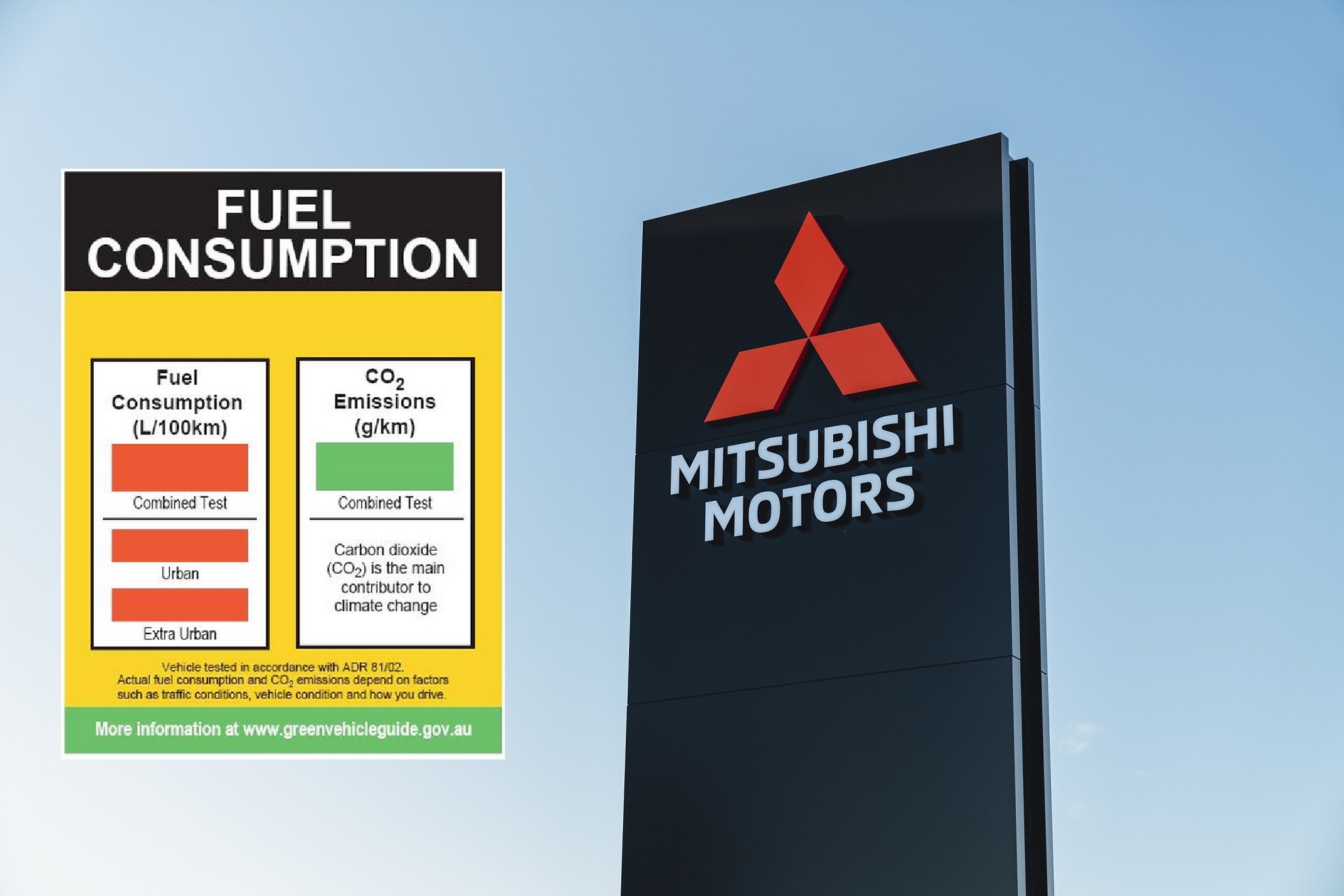


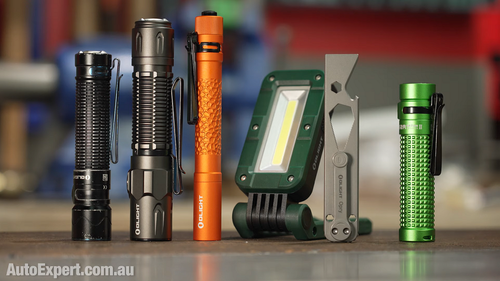

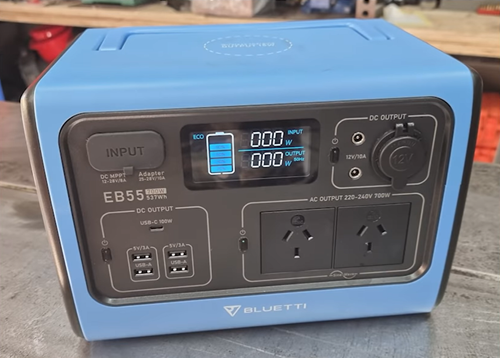
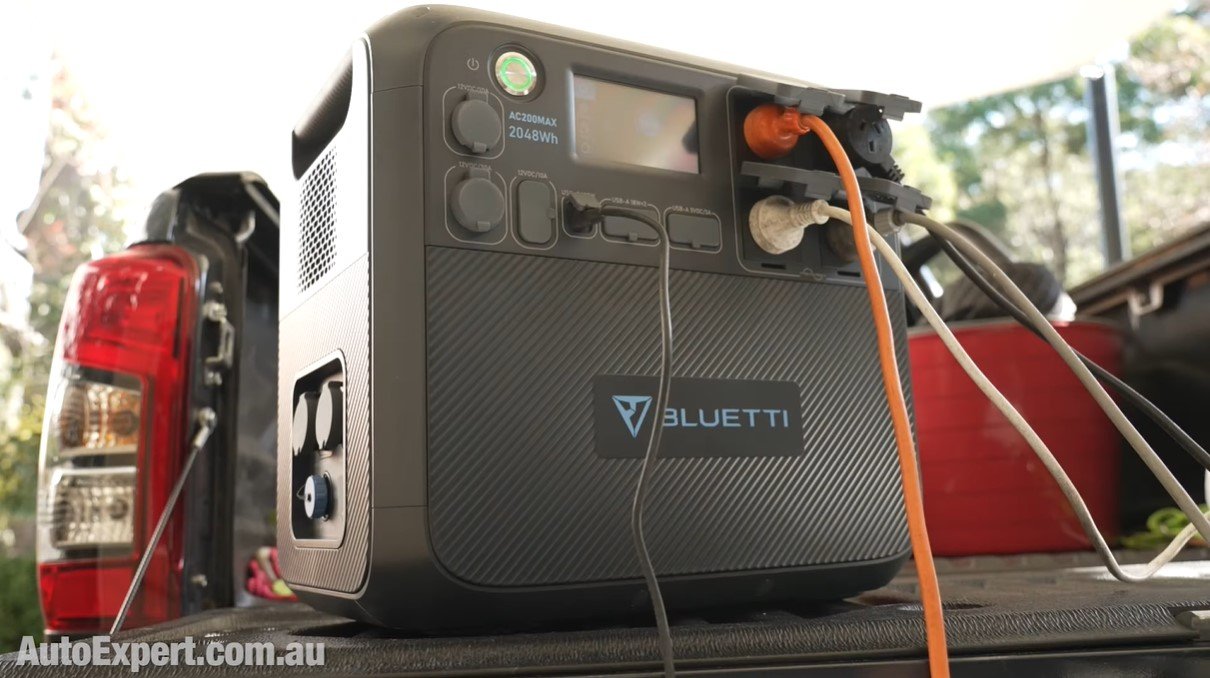








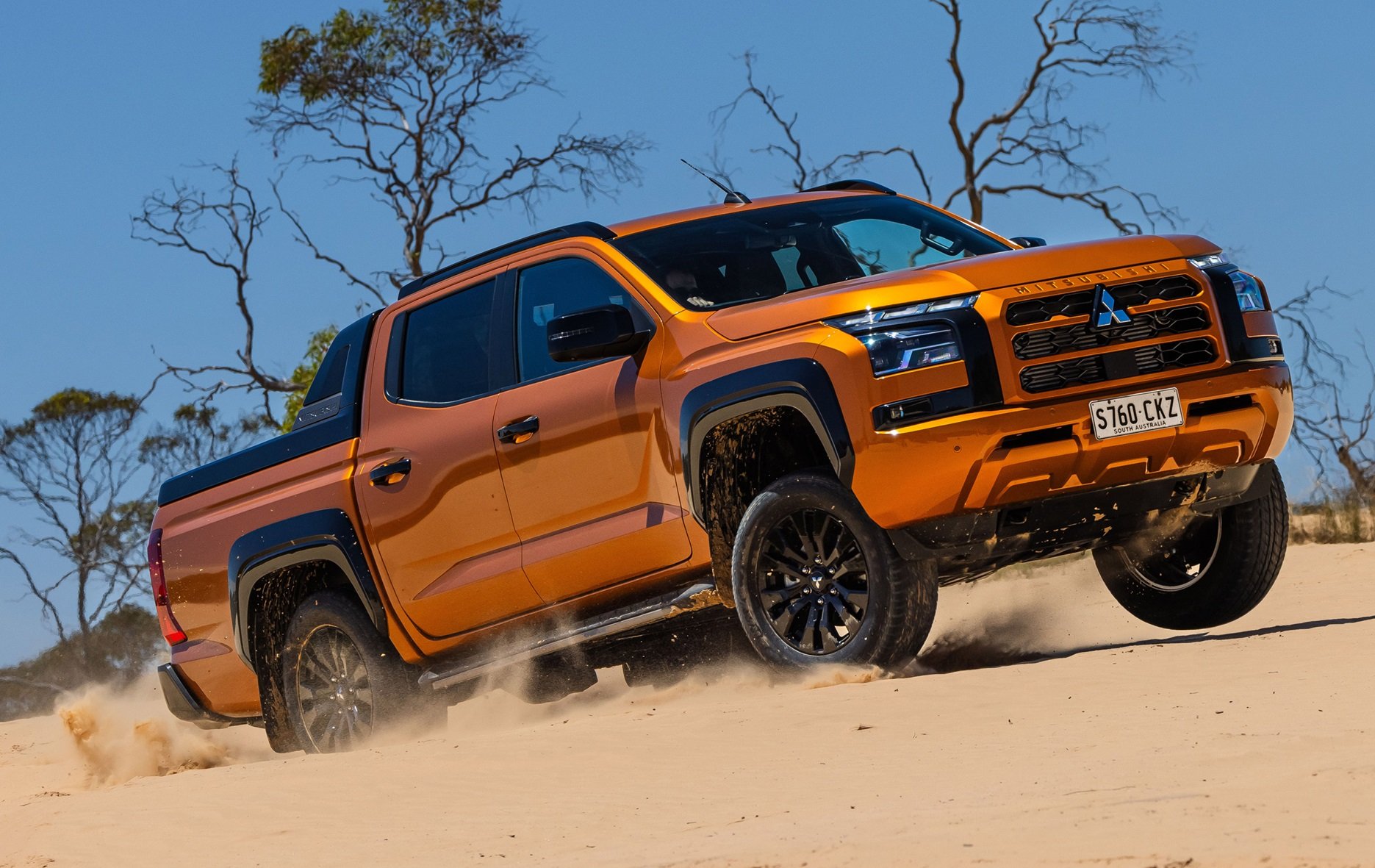
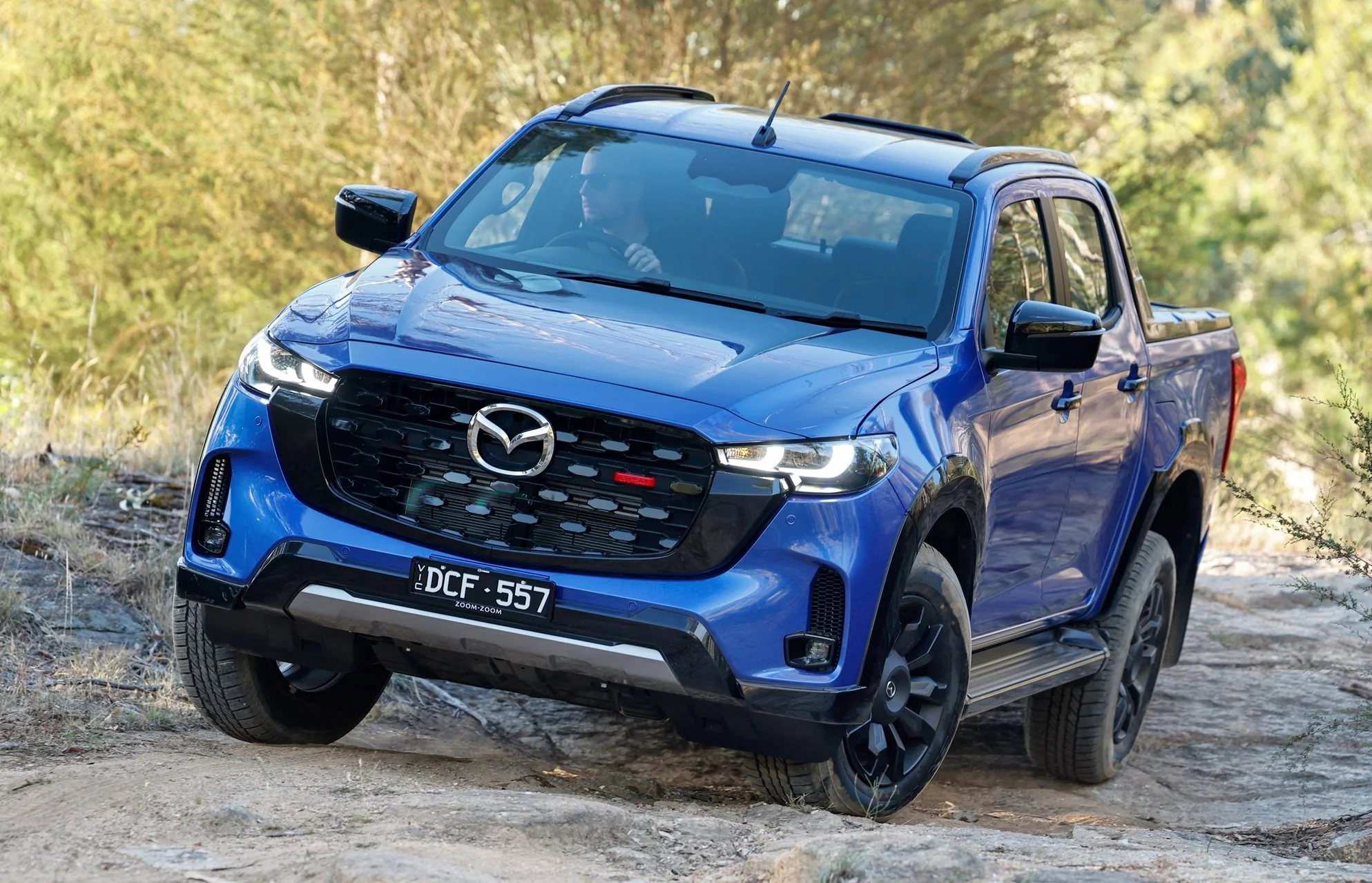
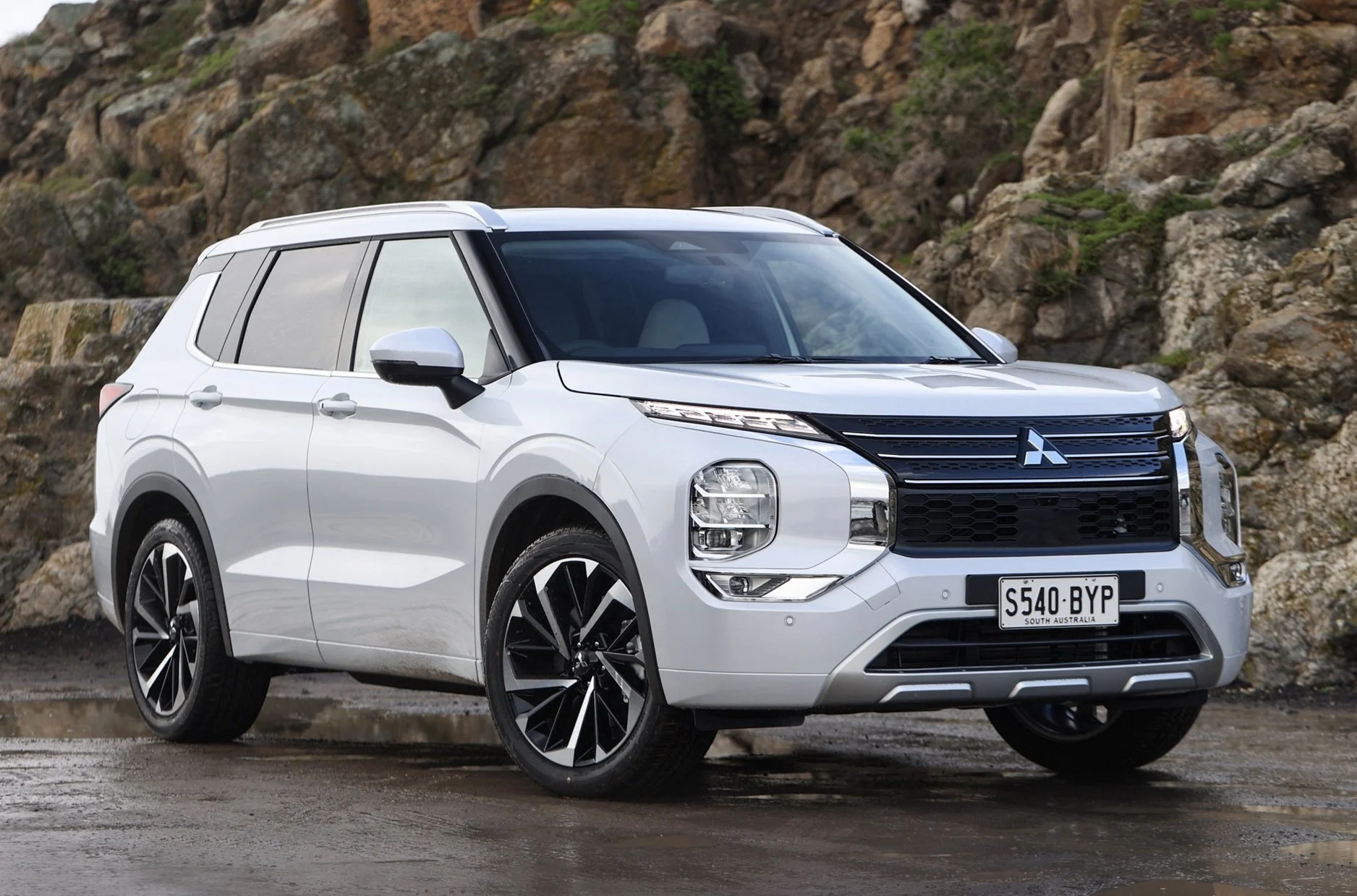

If family is forcing you to shop for an SUV because it’s fashionable, the fast family performance sedan icon, now has a big boot. Long live the wagon - to hell with the status quo. Here’s what you need to know…